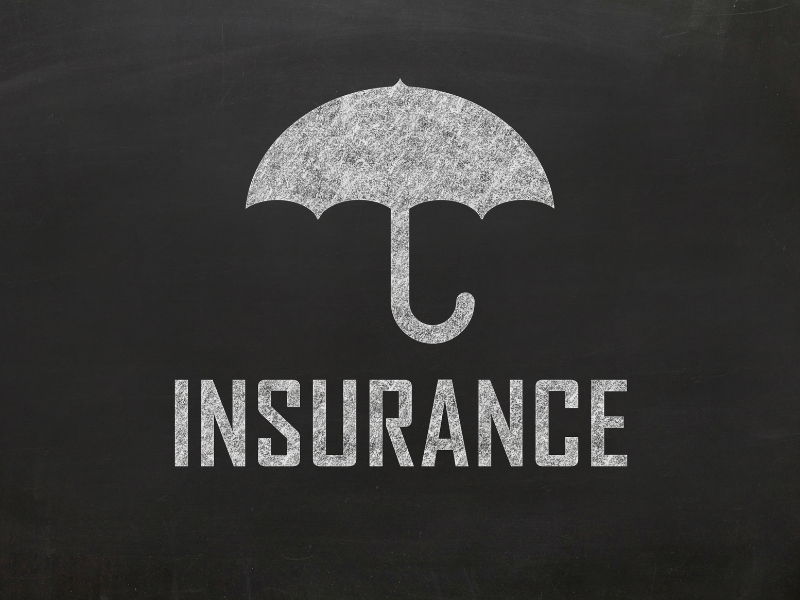 Now is a great time to sell a home. Inventory is down to historic lows, according to recent reports, which means it’s a sellers’ market. Yes, many homeowners are reluctant to put their homes on the market for a variety of reasons. However, right now there are four big incentives for homeowners to sell, despite these objections.
Now is a great time to sell a home. Inventory is down to historic lows, according to recent reports, which means it’s a sellers’ market. Yes, many homeowners are reluctant to put their homes on the market for a variety of reasons. However, right now there are four big incentives for homeowners to sell, despite these objections.
Unsure Of Being Able To Find A New Home To Purchase
It is good to sell at high prices, but that might leave a homeowner desperate to find a new home. Not exactly.
Buyers are entering bidding wars in order to secure their new dream homes. Using leverage, a homeowner could sell to a buyer but have a stipulation where they lease their home back to the new owner until such time as the homeowner has time to get themselves a new house.
Uncertainty About Being Able To Obtain Top Market Price
It is understandable that homeowners want to be able to recoup the cost of improvements they have made along the way, along with some profit. When neighbors are getting top dollar, homeowners might want the same kind of guarantee if they put their own home up for sale.
The bidding wars have become so common that it is almost guaranteed that a homeowner will get the asking price at a minimum.
Do Renovations Need To Be Completed First?
It is common for homeowners to “put down their brushes” and think about just moving instead of finishing renovations, but will there be a heavy price to pay for selling an unfinished house?
Not in this market. Currently, buyers are willing to overlook most repairs in order to get into the house they want, including unfinished renovations. If you’re a homeowner worried about every little unpainted patch on the wall, rest assured your prospective buyers won’t even flinch.
Worries About Getting A Quick Closing
Homeowners are worried that they might not get a quick closing. Why? Because the longer the closing date is pushed out, the higher the chances that a sale will fall through.
If you’ve been on the fence about selling, it’s time to choose sides. There’s never been a better time to sell. Talk to your real estate agent today to start the listing process.
 Title insurance is one of the few types of protection policies available to homebuyers and one that is often overlooked because of its optional nature.
Title insurance is one of the few types of protection policies available to homebuyers and one that is often overlooked because of its optional nature. Even though not every home has a basement, those that do usually fall into one of three categories. The most common examples of basements include poured concrete, masonry block basement, and precast panels. What do homeowners need to know about the different types of basement construction?
Even though not every home has a basement, those that do usually fall into one of three categories. The most common examples of basements include poured concrete, masonry block basement, and precast panels. What do homeowners need to know about the different types of basement construction?  It is critical for everyone to find a home that is right for them. Given the current lack of inventory, this can be a significant challenge. Fortunately, the National Association of Realtors (NAR) keeps track of numerous market aspects, including how long the average family stays in a home. For the past few decades, the average family has stayed in their home for approximately six years; however, during the past few years, that average has gone up to nine years. This means that the average homeowner is keeping his or her house longer than he or she did in the past. Why is this happening?
It is critical for everyone to find a home that is right for them. Given the current lack of inventory, this can be a significant challenge. Fortunately, the National Association of Realtors (NAR) keeps track of numerous market aspects, including how long the average family stays in a home. For the past few decades, the average family has stayed in their home for approximately six years; however, during the past few years, that average has gone up to nine years. This means that the average homeowner is keeping his or her house longer than he or she did in the past. Why is this happening? In the current economy, there are a lot of millennials who are thinking about buying a home; however, the price of homes is rising quickly. It can be challenging for millennials to save the money they need to buy a home. When this is combined with other monthly expenses they have, millennials might be financially unprepared to buy a home.
In the current economy, there are a lot of millennials who are thinking about buying a home; however, the price of homes is rising quickly. It can be challenging for millennials to save the money they need to buy a home. When this is combined with other monthly expenses they have, millennials might be financially unprepared to buy a home.  Accidents can happen from time to time, which is why it is important for people to have insurance. While you might be able to fix some accidents on your own, others can lead to a significant amount of financial stress. This is why people must have insurance. Insurance is supposed to help individuals and families pay for catastrophic expenses; however, what happens if the insurance policy is not big enough to cover the expenses? That is where umbrella insurance can be helpful. What is umbrella insurance, and how does it work? Learn more about how umbrella insurance might be able to help you.
Accidents can happen from time to time, which is why it is important for people to have insurance. While you might be able to fix some accidents on your own, others can lead to a significant amount of financial stress. This is why people must have insurance. Insurance is supposed to help individuals and families pay for catastrophic expenses; however, what happens if the insurance policy is not big enough to cover the expenses? That is where umbrella insurance can be helpful. What is umbrella insurance, and how does it work? Learn more about how umbrella insurance might be able to help you.